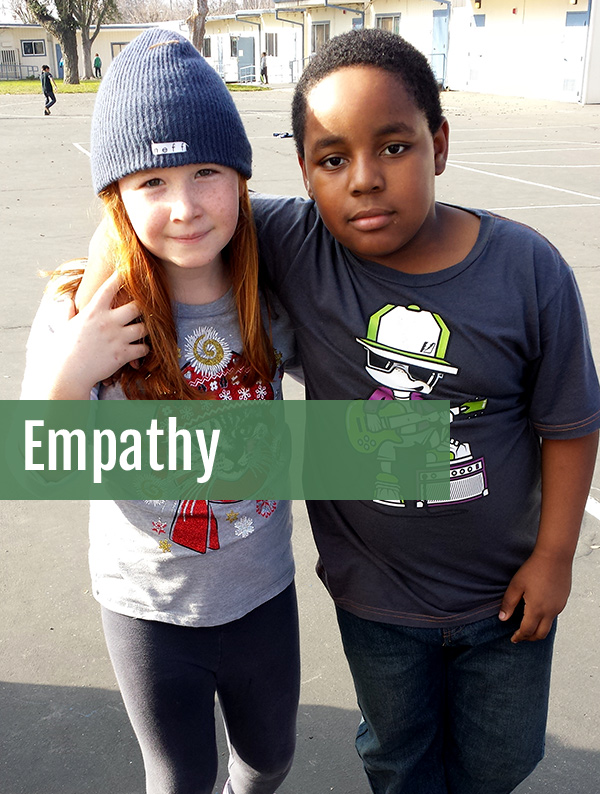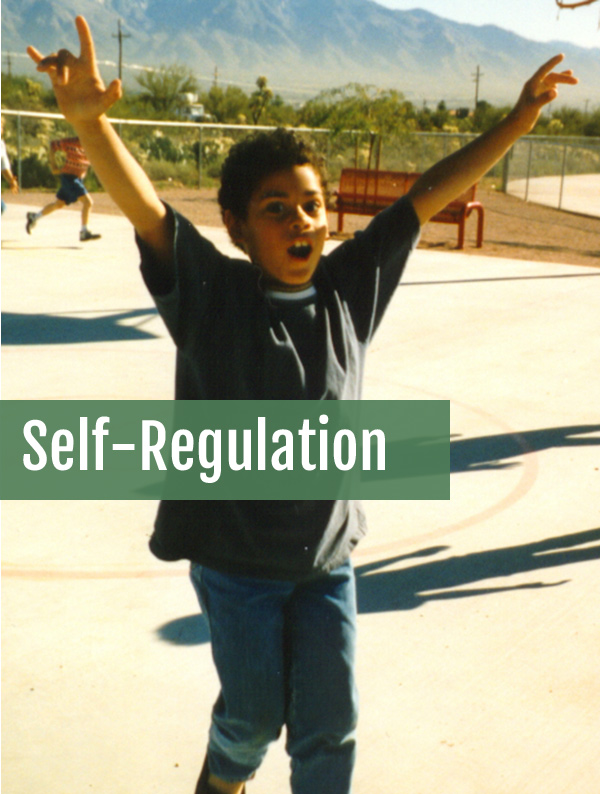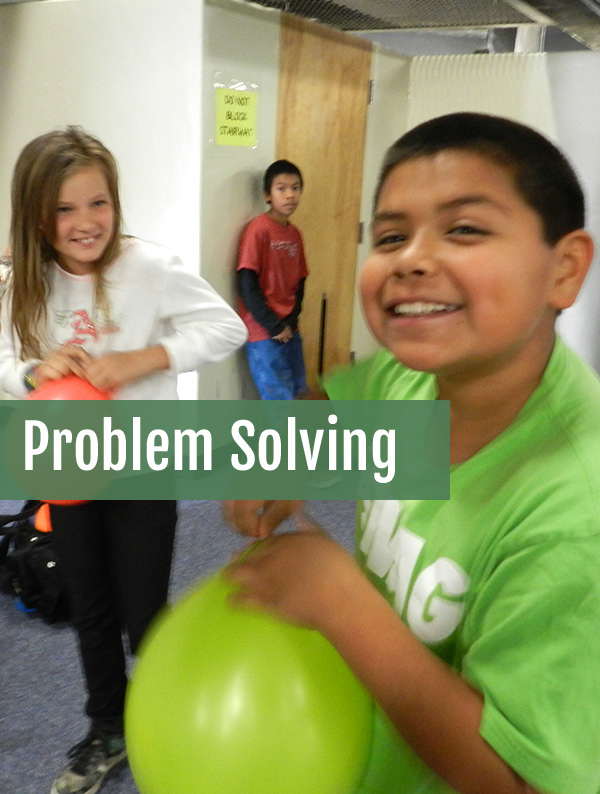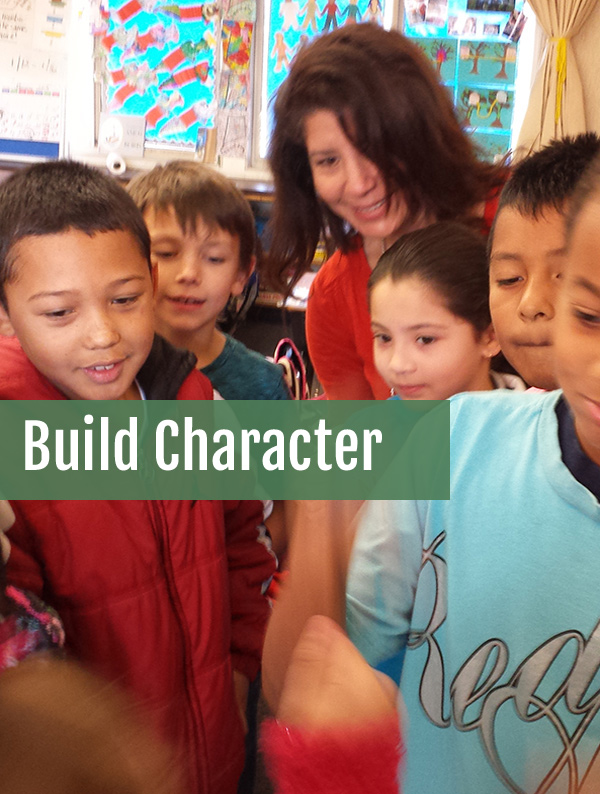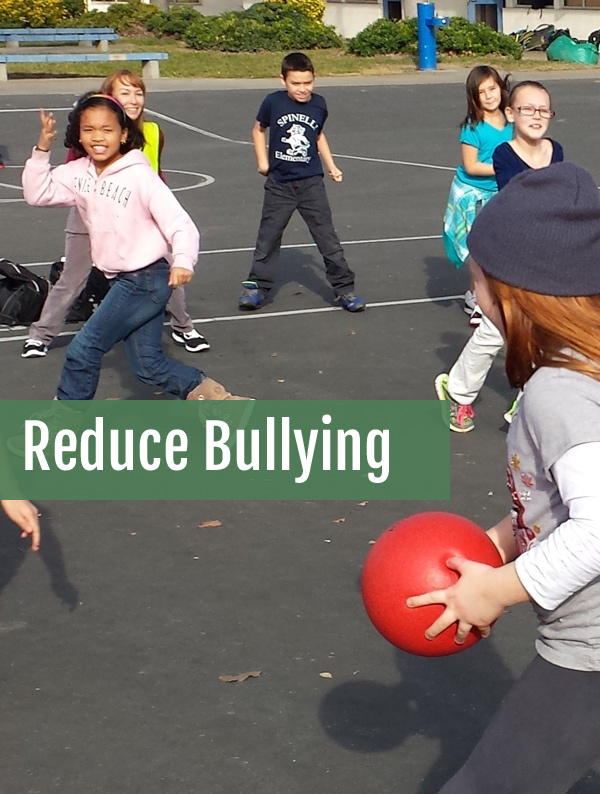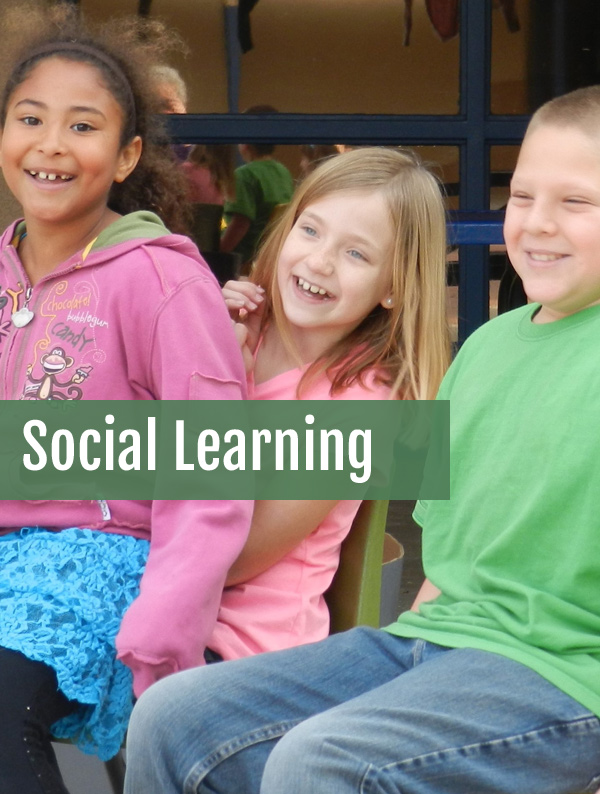Navigating Relationships*
Spencer Gorin, RN, Alcohol & other Drug and Harm Reduction Program Specialist, University of Arizona
*May not be reprinted digitally or manually without permission of the author
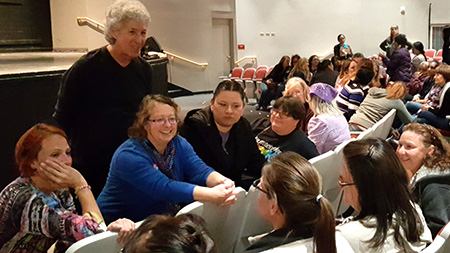 Personal success is dependent upon how deeply we can connect with ourselves, others, and our communities. Student behavioral challenges that are brought to our attention as counselors, teachers, parents and youth-serving professionals almost all have a common thread of the lack of empathy and an inability to negotiate simple and complex relationships.
Personal success is dependent upon how deeply we can connect with ourselves, others, and our communities. Student behavioral challenges that are brought to our attention as counselors, teachers, parents and youth-serving professionals almost all have a common thread of the lack of empathy and an inability to negotiate simple and complex relationships.
Our students now live in a world that often annihilates critical thinking, empathy, and face-to-face dialogue. This, in-turn, fosters isolation, extrinsic motivation, loss of joy and drive creating a pathway towards “sensation” but not “connection.”
However, the very good news is that when students feel deep genuine connections, with other students and the caring adults in their lives, they naturalistically gravitate towards wanting meaningful and healthy relationships.
All we need to do is gift them with simple foundational concepts on how to create healthy bonds and provide experiential opportunities for relevant and courageous conversations.
This is the key for personal happiness, optimizing life-long learning, empathy, and creating deep connections with others. More than ever, learning how to navigate relationships with a strong foundation of empathy is how we best prepare our students, not only through K- 12, but for college and post-secondary school life experiences.
Navigating Relationships 2016-2017 Summary Data
I am happy to report the data analysis for The Navigating Relationships Workshop 2016-2017
96% of participants reported that the presentation is relevant to students
83% of participants said that the presentation will cause them to change their behavior.
96% of participants reported that the presentation was helpful.
100% of participants stated that that the presenter communicated the topic clearly.
100% of participants said that the presenter was knowledgeable about the topic.
Participant comments are available as a spreadsheet and reflect the overwhelming positive responses to the workshop. Please contact me if you would like a copy of the spreadsheet.
Navigating Relationships Description:
Navigating Relationships
(Created and facilitated by Spencer Gorin, RN, AOD & Harm Reduction Specialist, University of Arizona, 520-979-7753, with assistance from Kim Fassl, Assistant Director, Student behavior Education and Rossana Curti, Assistant Dean of Students.)
Goal: to build positive self-love, empathy, understanding, connection and communication skills through relationship education and interactive dialogue and activities.
Outcomes:
After attending a Navigating Relationships Module, students will be able to:
1. Define five indicators which make up a healthy relationship.
2. Identify the three central concepts of The Navigating Relationships workshop.
3. 75% of participants/students will state that they feel better equipped to engage in healthier relationship because of attending a Navigating Relationships workshop.
4. 75% of participants/students will state that they have a specific idea in mind by which to engage in healthier relationship because of attending a Navigating relationships workshop.
5. Participants/Students will identify at least one take-home message that will help navigating relationships because of attending the workshop.
Program Outline:
Pre-presentation
Ice breakers
Intro rap and ground rules:
Education component:
Introduction to the three central concepts:
Putting central concepts into action through…
1. Engagement
2. Courageous Conversation (The power of differentiated dialogue)
Why is courageous conversation relevant?
Specific Creative Conversation topics & questions (as prompts to core messages and facilitated in full and/or small groups)
Concurrent education information:
Final Group process
Evaluation
Contact Spencer Gorin to facilitate a Navigating Relationships workshop for your organization
Spencer Gorin, RN, Alcohol & other Drug and Harm Reduction Program Specialist, UA,
520-979-7753, www.healthyplay.us
*May not be reprinted digitally or manually without permission of the author





